As you go deeper into the heart, the mirror becomes clearer and cleaner. -Rumi Carl Gustave Jung, the renowned psychiatrist and psychanalyst defines the inner dialogue as an essential tool of human beings. Often heard at times of inner conflict, it is the precursor of a decision, and propels the self to discern good from bad. Instantaneously sparking self-reflective activity in the mental-psychic fronts, it tends to generate action. The eminent child psychologist D.W. Winnicott defines it as an essential part of development of the “self”. He says: The conversation takes place in the space between fantasy and reality where one feels …
Author: duygubruce
Avicenna (970-1037) the 11th century medical savant and philosopher foretold the imperative role of emotions on human psyche and behavior. He wrote in his preeminent book, The Canon of Medicine : “Emotions impact health and behavior, and they should be managed to gain self-mastery.” Centuries later, James Gross, director of the Stanford Psychophysiology Laboratory known with his emotion regulation model explains: Emotional regulation refers to the process by which individuals influence which emotions they have, when they have them, and how they experience and express their feelings. Human ability to control and regulate emotions using reason and willpower is …
Daniel, the pious sage, master interpreter of dreams and seer lived in Mesopotamia at the time when Babylon and Ancient Persia were reaching the heights of civilization (circa 700 – 500 BC). He was an upright man distinguished with his unwavering faith in God and courage among his kindreds many of whom worshipped kings and deities. His exemplary life and deeds became the subject of the Book of Daniel written in that epoch. The tale recounts that the king of Babylon, Nebuchadnezzar, having heard about Daniel’s unequaled giftedness, summoned him to the palace. Thereupon Daniel was obliged to serve in …
Winter of 1939. Finland is invaded by the Red Army. The Finns are far inferior in numbers and artillery. But they have “sisu” in greater quantities as the story goes. Using their cross-country skiing skills, they manage to surprise and disperse the Russian troops. The Finns describe “sisu” as the guts, the courage of the lesser. A mixture of audacity and perseverance which leads to never giving up, even when all seems lost. It is an inner strength that transforms one’s supposed inferiority to advantage by thinking out of the box. Joanna Nylund, author of “Sisu, the Finnish Art of …
Mathnavi is a universal love hymn. On the 750th anniversary of his death, the mythical poet, sage and spiritual master Rumi (30 September 1207, Belh region – 17 December 1273, Konya) is one of the most read poets in the West. Leili Anvar links it to his resolute spiritual dimension that transcends all religious norms. The author, known for her scholarly translations, her profound knowledge of mystical Persian literature, and of Rumi’s life and spiritual personality describes the epoch Rumi lived in Anatolia. She writes in the preface of her book Rumi, the Religion of Love : …
Mastering others is power, mastering oneself is true willpower. –Lao Tzu At the time the universe was created, it was debated to whom willpower should be given. None undertook the responsibility. When humankind – the highest of all creatures was created, willpower was granted to it. Thus, the heavy burden that mighty mountains and sturdy animals could not lift was placed on the shoulders of humankind. Ever since then we roam the day with the devil of temptation on one shoulder and the angel of restraint on the other. We might have a sudden craving on the spot, or …
The Pythagoreans believed that music was a purification for the soul, just as medicine was a purification for the body. The ancient Greek philosopher and polymath, Pythagoras (c. 570 – 495 BC) said that all things in cosmos – κόσμος are made of numbers ensuring that the universe functions in order and harmony. Known with his pioneering theories on music and mathematics, he proclaimed that cosmos is in harmonious motion precisely timed and structured. The harmonious and repetitive rotations of the spheres emit celestial melodies which he phrased as musica universalis – the music of the spheres. He put forth …
Goethe’s theory of colors and how the eye sees and simultaneously creates its own color The great poet and savant Johann Wolfgang von Goethe (1749-1832) passionately explored the phenomenology of light and colors witnessed by the human eye, and collected his findings in Farbenlehre (Theory of Colors). His innovative doctrine of physiological colors, though dismissed by some due to lack of empirical data in his epoch, would later lead to wide repercussions in the centuries to come in art, physics and philosophy. He proclaimed that the colors referred to as physiological pertain to the subject, the organ of sight, …
A master musician, an influential thinker and jurist, Ostad Elahi ( 11 September 1895 – 19 October 1974) said : “Music has countless properties, most of which have yet to be discovered.” Born in a small remote village in Iran, he grew up in a spiritual milieu where mystical traditions reigned everyday life. He was devoted to music very early on in his quest for meaning, self-knowledge, and transcendence. By the age of nine he was recognized as “ a peerless master of the tanbur ”, yet he only played it for himself. Occasionally, his relatives and visitors would …
The moments of awe, peak experiences and accomplishing the best version of oneself It is in human nature to aspire higher and “ human life will never be understood unless its highest aspirations are taken into account, ” said Abraham Maslow (1908-1970), renown with his triangle of hierarchical needs. At the peak of this triangle “ transient states of absolute being ” are experienced. It is “ where the farther reaches of human nature are secluded. ” He declared that a thorough understanding of the human being includes both security and belongingness needs as well as growth and transcendence …



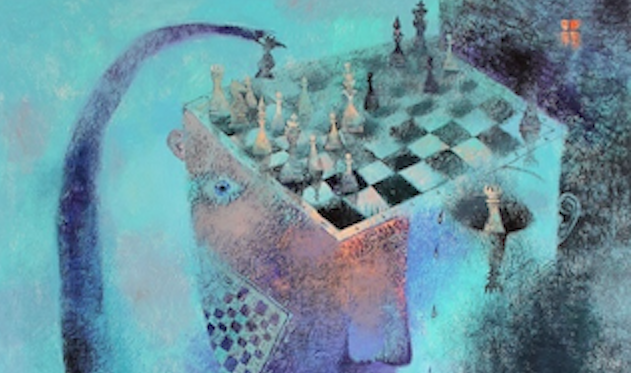
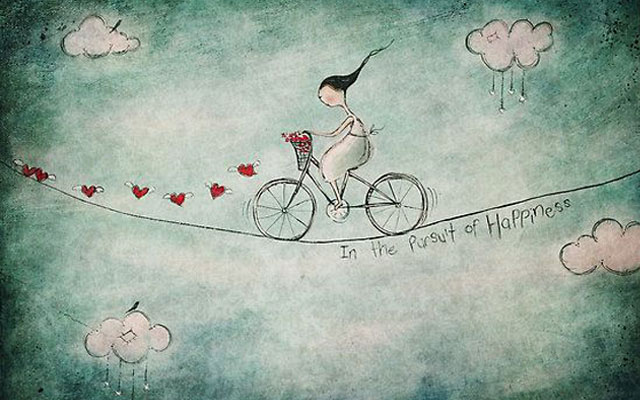
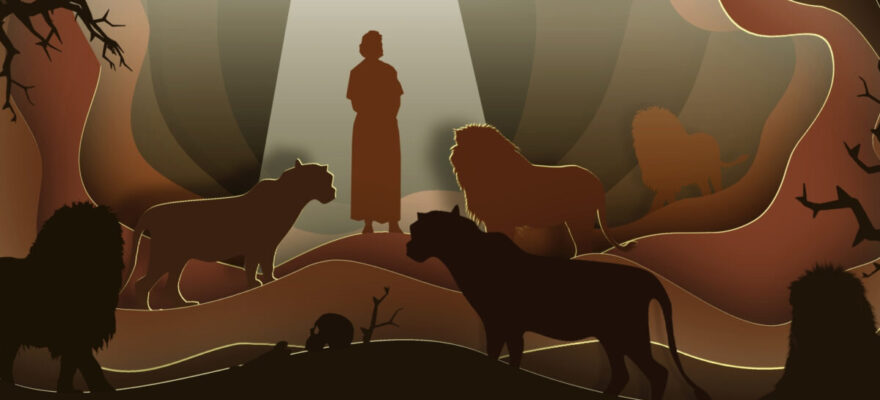

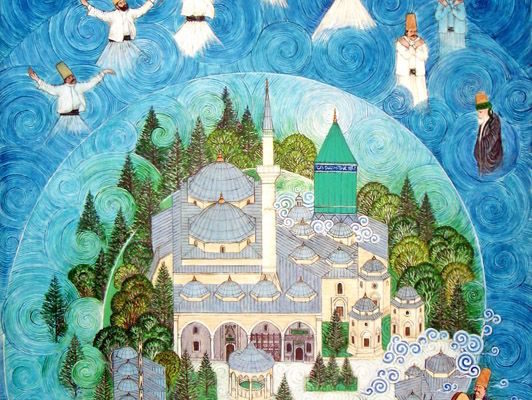
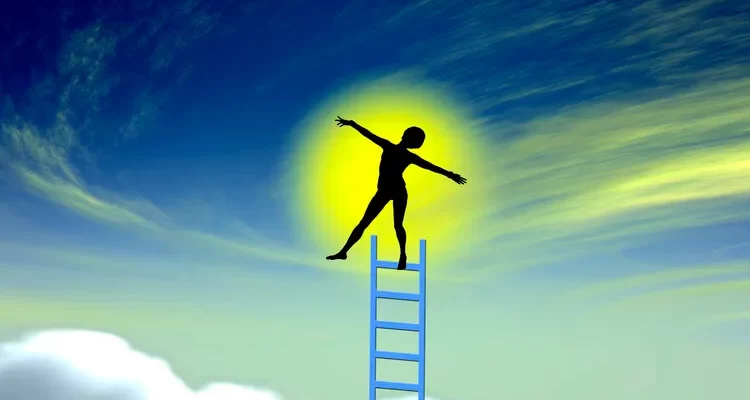
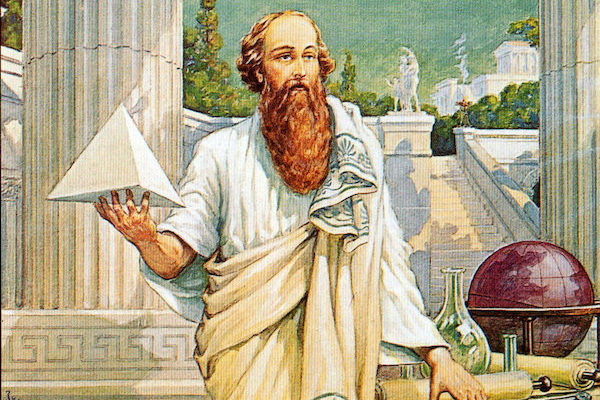
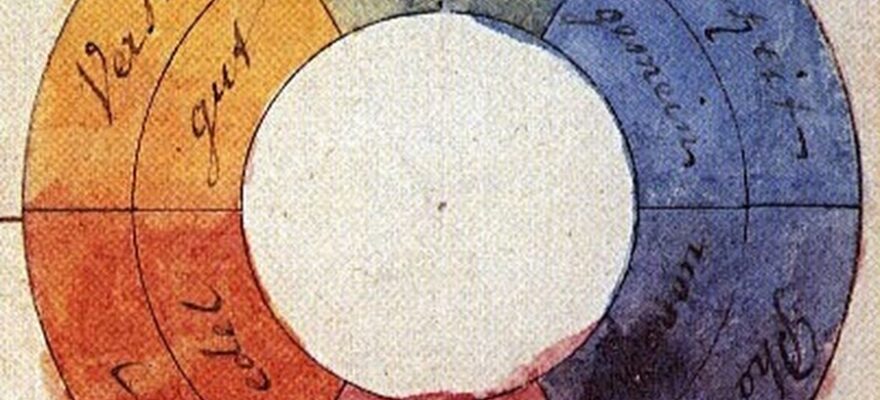
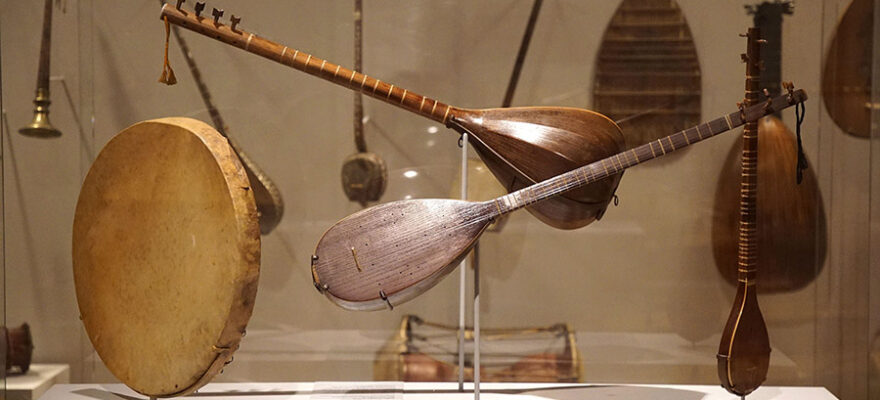
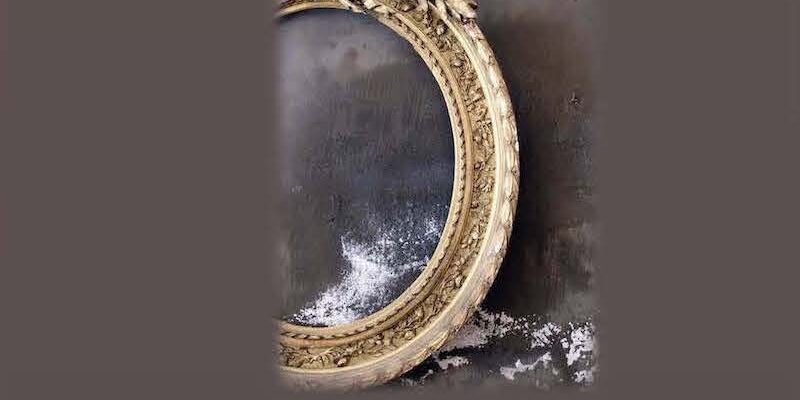





Social Profiles